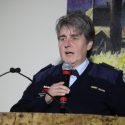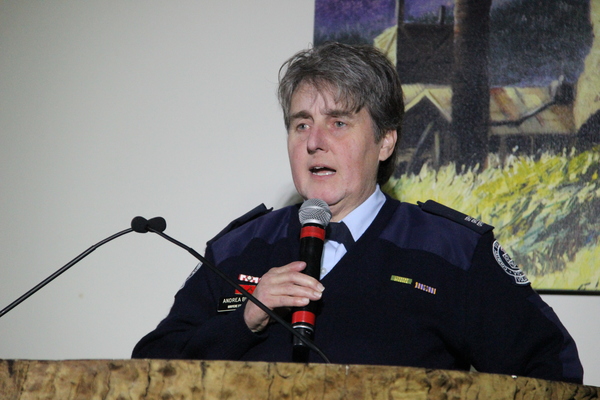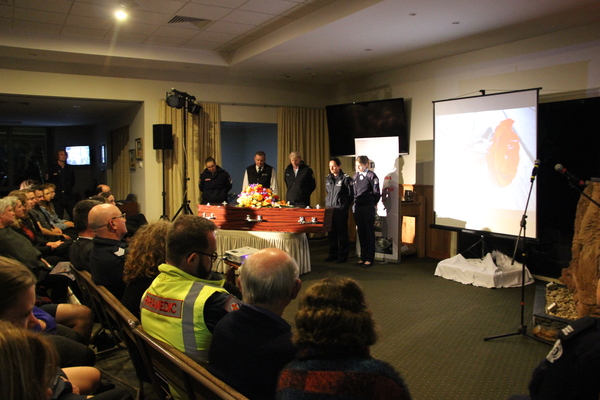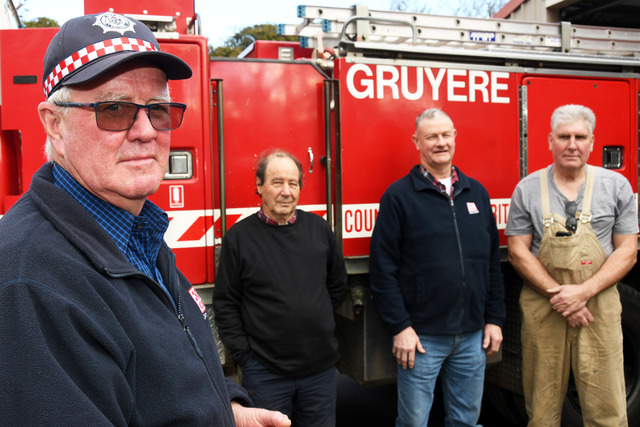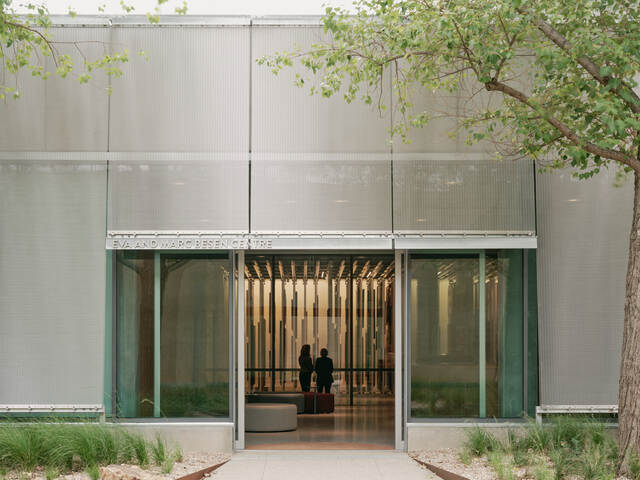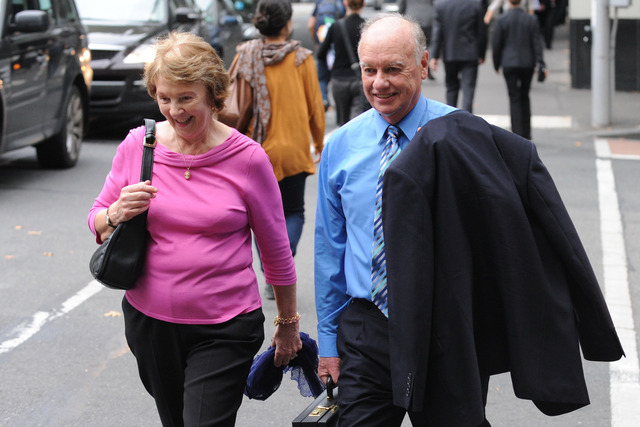Deputy Group Officer Yarra Valley Group, Andrea Bigham, has been a CFA volunteer for 32 years.
CFA and SES volunteers are often first responders to car crashes and DGO Bigham’s introduction to the fifth Teenage Road Information Program (TRIP) at Woori Yallock on Wednesday, 1 August, was delivered with purpose and a plea.
TRIP is a combined response by Yarra Valley emergency services – CFA, SES, Police and Ambulance to the tragic loss of young lives on Yarra Ranges’ roads. The target audience is 16 to 25 year-olds and their parents.
Ms Bigham addressed the staggering statistics of road death around the world, in Australia and in Yarra Ranges.
The statistics are war-like – 1.25 million people annually and serious injury and lifelong changes to millions of others.
World Health Organisation predicts that by 2030 road traffic injuries will be number five in the cause of death worldwide.
“That is frightening, but the most alarming fact of all is that today, the leading cause of death amongst our young people is road trauma,” Ms Bigham said.
Locally she said that in 2017, 1225 people lost their lives on Australian roads, 258 in Victoria, the majority young males.
She said while most were drivers, others – passengers, cyclists, pedestrians, also died as the result of car crashes on Victorian roads.
“Our shocking road toll and shocking road toll statistics are a direct reflection of our driving behaviour, and our driving behaviour is therefore shocking also,” she said.
“That is evident in Shire of Yarra Ranges,” she indicated a new graph with traffic offences for 2017.
Speaking with clear purpose to the more than 500 people who had piled into the space at Heritage & Heritage Funerals in Woori Yallock, from which the lives of too many young drivers have been ‘celebrated’, she made the connection between driver behaviour and the consequences.
“Over 8,500 traffic offences were handed out in this Yarra Ranges area.
“These traffic offences occurred on roads that you and your family travel on every day.
“These unsafe driving practices are putting all of us at risk and it’s time for a change.
“If we look at leading causes of these traffic offences, people disobeying road signage 697, people distracted while driving – mobile phone, eating hamburger, drinking or even watching tv in a car 421, not using signals correctly or not driving to conditions, like tailgating, over 415,” she said.
She said the number of registration and licence offences at 1443 was alarming – a combination of unroadworthy and unregistered cars and unlicensed drivers.
“They are sharing the same roads as you and your family. If you think that doesn’t bother you, or doesn’t matter, what if you’re involved in crash with one of those people?”
Most alarming was speeding with 5236 fines handed out and that is only the ones where police have intervened and stopped dangerous driving.
“These dangerous driving practices are resulting in serious and horrific crashes that we in emergency services are attending, but more importantly, you as a family are losing loved ones and it’s happening in own back yard,” she said.
A list of crash locations in the five years from 2012 to 2017 showed 372 families and friends of people in the 18 to 25 age group had directly experienced the impact of road trauma in Yarra Ranges.
“But more tragically in the past three years, for every year we have lost three young lives,” she said.
“One young life lost on our roads is unacceptable, three young lives lost every year … ,” she paused and invited people to look around them.
“Are the three young lives lost next year … are they here in the room tonight?”
It was a sobering proposition which sadly may be answered too soon.
“How as a community can we accept these numbers,” Ms Bigham asked.
“We need to make a change because road trauma statistics, they are preventable.”

